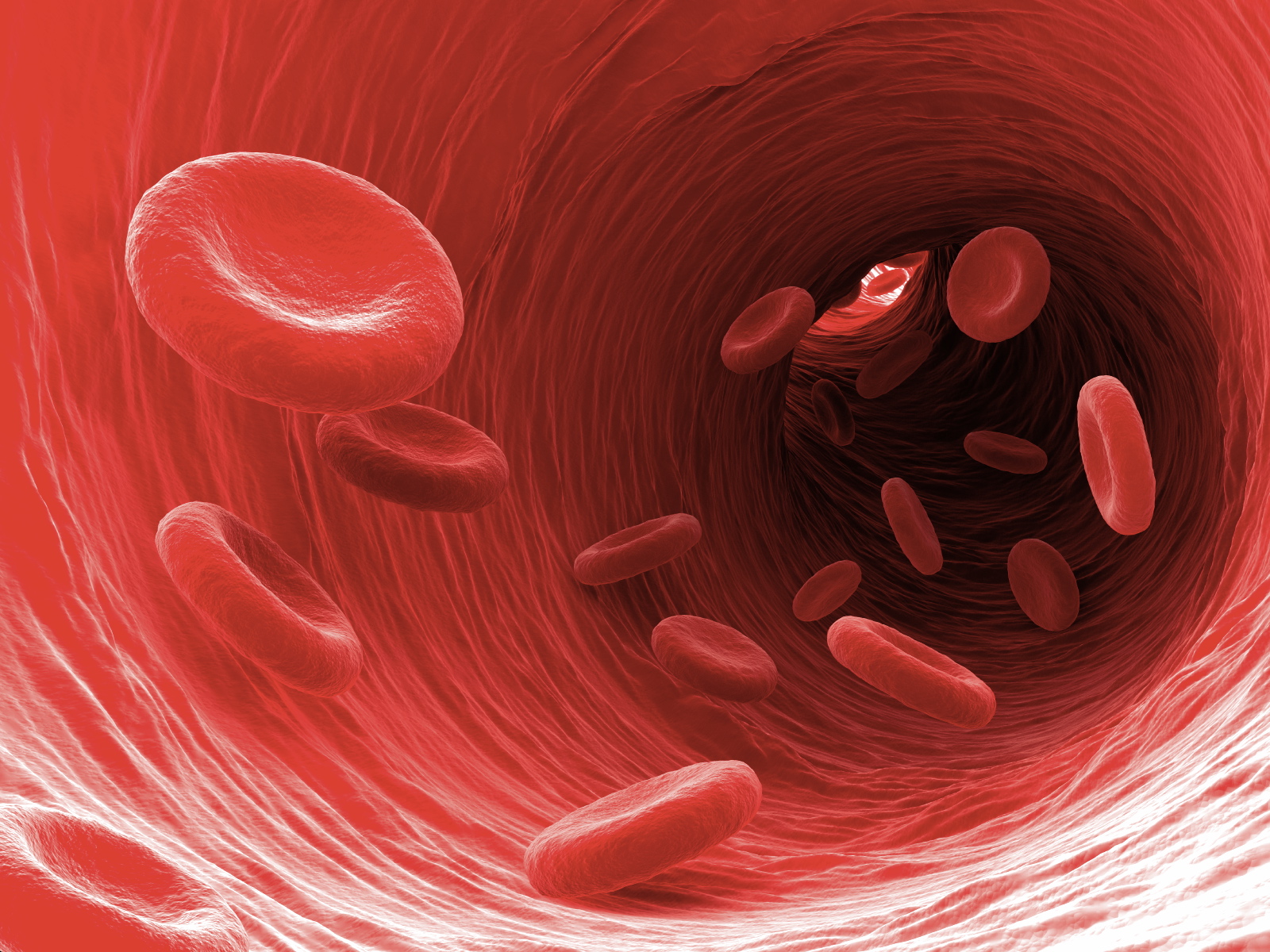
Researchers at the University of Oxford, the Francis Crick Institute and University College London have been granted £1.7 million of funding from Cancer Research UK and the CRIS Cancer Foundation to develop a lung cancer vaccine. The team are seeking to create ‘LungVax’, the world’s first vaccine to prevent lung cancer in people with a high risk of the disease.
From COVID-19 breakthrough to lung cancer vaccine
The LungVax vaccine will use technology similar to the highly successful Oxford/AstraZeneca COVID-19 vaccine.
In the same way traditional vaccines use part of a virus to train our bodies to fight disease, cancer vaccines use harmless proteins from the surface of cancer cells known as neoantigens.
Neoantigens appear on the surface of the cell because of cancer-causing mutations within the cell’s DNA. When they are introduced into the body they act as a ‘red flag’, which trains the immune system to recognise them on abnormal lung cells.
This lung cancer vaccine will help activate the immune system to kill these cells and stop lung cancer.
“Cancer is a disease of our own bodies and it’s hard for the immune system to distinguish between what’s normal and what’s cancer,” said Professor Tim Elliott, research lead for the LungVax project.
“Getting the immune system to recognise and attack cancer is one of the biggest challenges in cancer research today. If we can replicate the kind of success seen in trials during the pandemic, we could save the lives of tens of thousands of people every year in the UK alone.”
The scientists developing this lung cancer vaccine will first use lab tests to see if it successfully triggers an immune response. And if the results are positive, the vaccine will move straight into a clinical trial.
